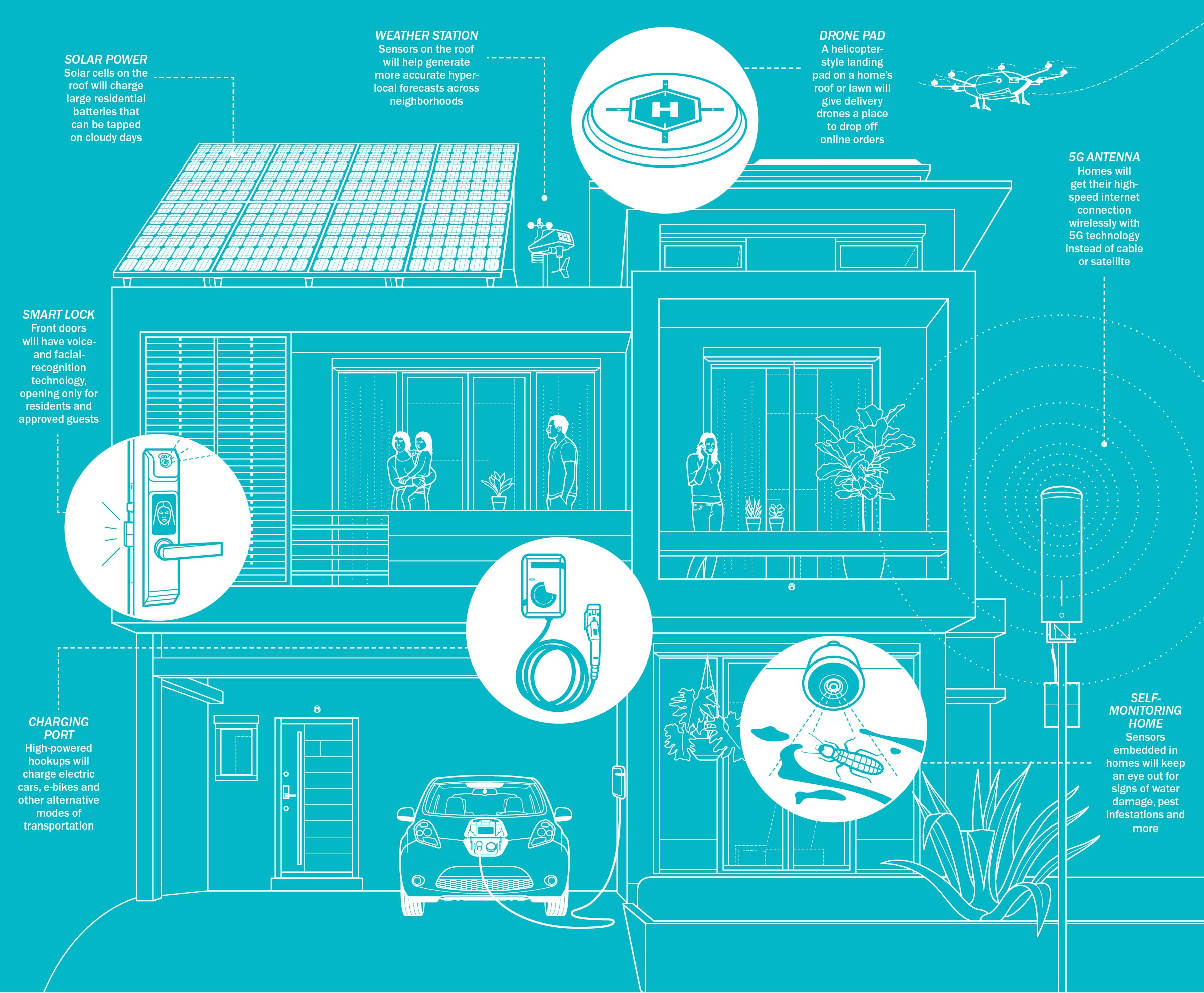The future of transportation is set to be revolutionized, as technology continues to develop and new advancements are introduced. Here, we look at some of the most exciting possibilities, including autonomous driving, electric cars, the hyperloop, vertical take-off and landing vehicles, personal rapid transit, augmented reality, flying cars, smart infrastructure, drones, and space travel. From reducing emissions and increasing safety to providing more efficient and cost-effective modes of travel, these advancements have the potential to transform the transportation industry. As these technologies continue to progress, we can look forward to significant changes in the way we travel in the future.
1. Autonomous Driving
One of the most significant advancements in the future of transportation includes the widespread integration of autonomous driving. With the development, testing, and implementation of self-driving cars, trucks, and buses, the transportation industry has the potential to be revolutionized entirely. The benefits of autonomous driving include increased safety, decreased emissions, more efficient travel, and an overall reduction in transportation costs.
2. Electric Cars
Electric cars have already made a significant impact on the transportation industry, but their importance will only increase in the future. The benefits of electric cars are numerous, including reduced emissions, lower costs, and increased efficiency. As electric car technology improves, we will see more widespread adoption and greater affordability, leading to a significant reduction in the use of gas-powered vehicles.
3. Hyperloop
The hyperloop is a proposed transportation system that uses a tube to transport people and goods at high speeds. With the potential to travel at over 700 miles per hour, the hyperloop has the power to revolutionize transportation by providing faster, safer, and more efficient travel. While the technology is still in development, the hyperloop has the potential to become one of the most significant advancements in transportation.
4. Vertical Take-Off and Landing Vehicles (VTOLs)
Vertical take-off and landing vehicles (VTOLs) are a type of aircraft that can take off and land vertically, eliminating the need for traditional runways. These vehicles offer the potential for more efficient and flexible transportation, especially in areas with limited infrastructure. Companies like Uber and Airbus are already investing in VTOL technology, with plans to roll out these vehicles in the near future.
5. Personal Rapid Transit (PRT)
Personal rapid transit (PRT) is a transportation system that uses small, automated vehicles to transport individuals on demand. Rather than traditional public transportation, PRT offers a more personalized and efficient option for travel. With the ability to transport passengers directly to their destinations without stopping at multiple locations, PRT has the potential to reduce travel time and improve overall efficiency.
6. Augmented Reality
Augmented reality technology has the potential to revolutionize the way we travel by providing real-time, interactive information about our surroundings. With AR, travelers can receive directions and information on landmarks, restaurants, and other points of interest. This technology has the potential to enhance the travel experience, making it more convenient and interactive.
7. Flying Cars
While the concept of flying cars has been around for decades, recent advancements in technology have made them a practical possibility. With the development of electric vertical take-off and landing (eVTOL) technology, companies like Uber and Airbus are already investing in flying car technology. While still in the early stages of development, flying cars offer the potential for more efficient and convenient travel, especially in areas with limited infrastructure.
8. Smart Infrastructure
Smart infrastructure refers to the use of sensors and other technology to improve transportation infrastructure. This includes everything from traffic management systems to smart highways that can communicate with connected vehicles. By using technology to improve infrastructure, we can reduce congestion, improve safety, and increase overall efficiency.
9. Drones
Drones have already been used extensively in areas like package delivery, but their importance in the transportation industry will only increase in the future. With the development of drone taxis, we could see a significant reduction in traffic congestion, especially in urban areas. Drones also offer the potential for more efficient cargo transport, with the ability to deliver goods quickly and directly to their destination.
10. Space Travel
While still in the early stages of development, space travel offers the potential for faster and more efficient transportation across the globe. Companies like SpaceX and Blue Origin are already investing in space travel technology, with plans to transport people and goods into space in the near future. While still a long way from practical implementation, space travel offers the potential for game-changing advancements in the transportation industry.
In conclusion, the future of transportation is full of exciting possibilities, with new technologies and advancements being developed every day. From autonomous driving to space travel, these advancements have the potential to revolutionize the way we travel, making it more efficient, cost-effective, and safe. As these technologies continue to develop, we can expect to see significant changes in the way we get from point A to point B in the coming years.
